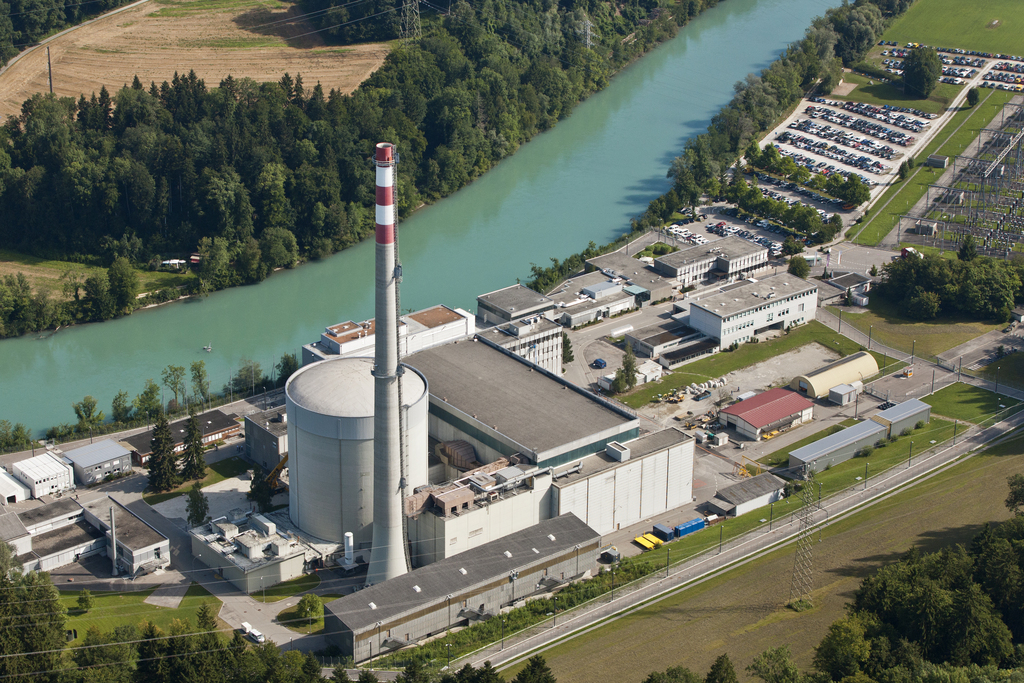
Switzerland to use nuclear energy longer than expected

Switzerland plans keeping nuclear plants in use longer than previously expected over fears of electricity shortages, mirroring a broader trend of European countries revisiting the potential of atomic energy.
The country decided to exit nuclear power in 2017, but didn’t set a date to shut down its four plants, which are supposed to run as long as deemed safe. Operators Axpo Holding AG and Alpiq Holding AG have already boosted the planned lifespan for their plants to 60 years from a previous target of 50, spokespeople for the companies told Bloomberg. That would see them operating until around 2040.
On top of that, Alpiq is studying the impacts of a further extension to as many as 80 years on safety, investments and profitability, its spokesman said. That would mirror moves in the US, where more than 90% of existing nuclear reactors will likely seek approval to operate at least that long.
Swiss nuclear power plants are allowed run for as long as they can be operated safely, a spokesperson for Switzerland’s Federal Office of Energy said, highlighting that the government never set an exit date and all lifespan calculations stem from reactor operators.
According to a survey of those companies, extending power plants’ lifetimes beyond 60 years is economically feasible without financial support from the government, the spokesperson added.
Countries across Europe are also looking to allow nuclear plants to run for longer. France, Belgium and Finland are working on extensions for their reactor fleets similar to Switzerland’s, as they anticipate growing electricity demand and don’t want to rely solely on renewable energies.
The same is the case with Romania, Bulgaria and Slovenia, which have plans to build new plants. Germany, on the contrary, shut down its last plants in April after political wrangling over the decision shook Europe’s largest economy for more than two decades.
©2023 Bloomberg L.P.
This news story has been written and carefully fact-checked by an external editorial team. At SWI swissinfo.ch we select the most relevant news for an international audience and use automatic translation tools such as DeepL to translate it into English. Providing you with automatically translated news gives us the time to write more in-depth articles. You can find them here.
If you want to know more about how we work, have a look here, and if you have feedback on this news story please write to english@swissinfo.ch.

In compliance with the JTI standards
More: SWI swissinfo.ch certified by the Journalism Trust Initiative






























You can find an overview of ongoing debates with our journalists here . Please join us!
If you want to start a conversation about a topic raised in this article or want to report factual errors, email us at english@swissinfo.ch.